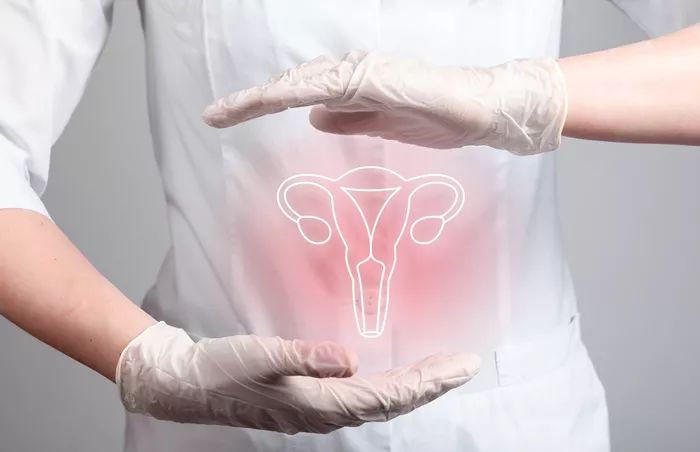Fibroids are noncancerous growths in the uterus that affect up to 70% of women by menopause. While common, most fibroids do not cause symptoms or require treatment. However, some women experience heavy menstrual bleeding, bloating, frequent urination, or fertility issues.
What Are Fibroids?
Fibroids are benign tumors made of muscle and connective tissue that grow in or on the uterus. They vary in size from very small to as large as a football. Although the exact cause is unclear, hormonal changes, genetics, stress, and lifestyle may contribute to their development.
Who Is at Risk?
Fibroids are more common in Black women, with about 80% affected by menopause compared to 70% of white women. Chronic stress and systemic health disparities may play a role in this difference.
Symptoms to Watch For
- Heavy or prolonged menstrual bleeding
- Abdominal bloating or pressure
- Frequent urination or constipation
- Fatigue or signs of anemia (pale skin, dizziness)
- Fertility difficulties or pregnancy complications
- Many women have no symptoms, so fibroids are often found during routine ultrasounds.
When to See a Doctor
- Seek medical advice if you experience:
- Menstrual bleeding heavier or longer than usual
- Symptoms of anemia worsening
- Pain or pressure affecting daily life
- Fertility problems
Treatment Options
- Treatment depends on symptom severity and fertility goals. Options include:
- Medications to reduce bleeding and shrink fibroids
- Minimally invasive procedures like radiofrequency ablation or uterine artery embolization
- Surgical removal of fibroids or, in severe cases, hysterectomy
Health Advice
- Monitor your menstrual cycle and note any changes
- Maintain a healthy lifestyle to support hormonal balance
- Manage stress through relaxation techniques or counseling
- Consult your healthcare provider regularly, especially if symptoms worsen
Remember, fibroids are common and manageable. Early detection and personalized care can help maintain your health and quality of life.
Related topics:
- Can You Treat Fibroids Without Surgery?
- Does HRT Cause Fibroids To Grow? What You Should Know
- What Happens To The Uterus After Menopause?


